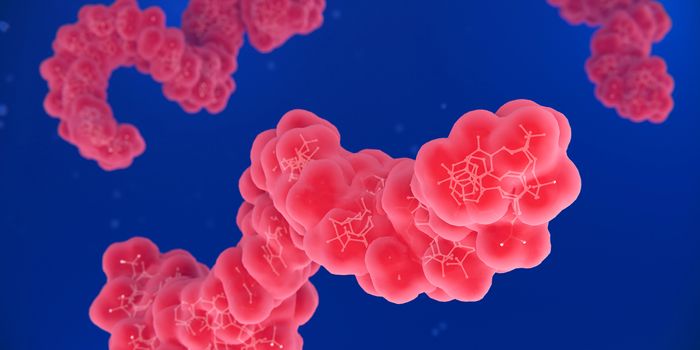Lithium Shows Promise for Treating Autism in Mouse Study

DYRK1A is a serine/threonine kinase. Recent studies have found that reduced DYRK1A expression is linked to neurodevelopmental brain dysfunctions such as ASD, developmental delay, and intellectual disability. Reports suggest that DYRK1A downregulation is found in 0.1-0.5% of individuals with ASD and/or intellectual disability.
In the current study, researchers generated Dyrk1a-knockin mice carrying a human ASD patient mutation. The mice displayed severe microcephaly, social and cognitive deficits, and dendritic shrinkage, among other effects. The researchers treated the mice with lithium during their juvenile period.
Ultimately, they found that early chronic lithium treatment rescued brain volume, restored the structure and function of excitatory neurons, and significantly improved behaviors linked to anxiety and social interaction. The effects lasted into adulthood.
Further study revealed that lithium's therapeutic effects were partially mediated through its action on Kalirin-7, a molecule that plays an essential role in synaptic structure and function.
"This is an exciting breakthrough. Dyrk1a mutations disrupt neural connectivity, much like a traffic jam or roadblocks in a city. Lithium helps to clear the congestion, restoring smooth communication between neurons," said co-first author of the study, Dr. Roh Junyeop, a senior researcher at the Institute for Basic Science (IBS) in Daejeon, Korea, in a press release.
"Our research shows that lithium, a widely used drug for bipolar disorder, could also serve as a treatment for ASD. The fact that its effects persist long after treatment ends underscores the importance of early intervention during critical developmental windows," said study author Kim Eunjoon, Director at IBS, in the same press release.
Sources: EurekAlert, Molecular Psychiatry








